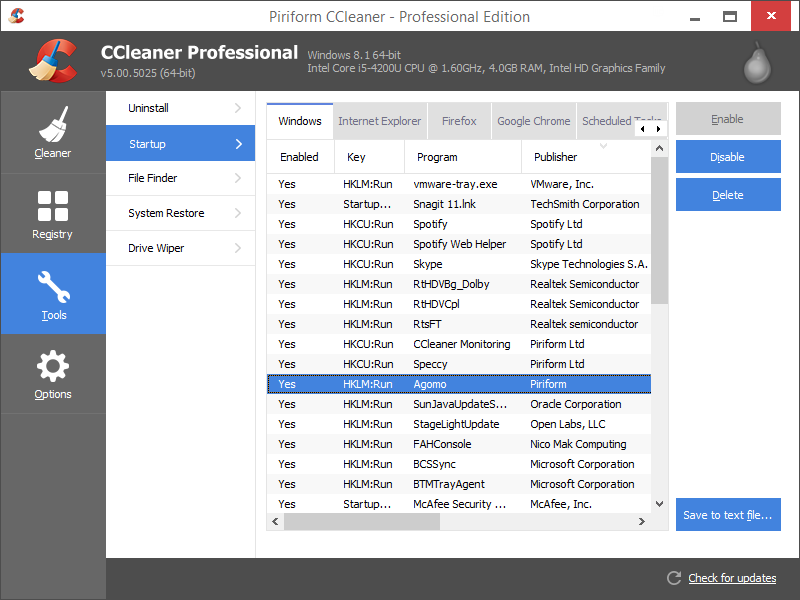
Removing Node.js will prevent it from further encryption, however, this will not restore already encrypted data. Unfortunately, in most cases of ransomware infections, recovery without the involvement of the malware developers is impossible, unless (in rare cases) the ransomware is still in development and/or has bugs/flaws.

Therefore, their files remain encrypted and useless, and they experience significant financial loss. There are no guarantees that they will uphold their end of the deal.ĭespite paying, victims receive none of the promised decryption tools/keys. You are strongly advised against meeting the demands of cyber criminals. Once the ransom is paid and the transaction is verified, users are promised to receive the necessary tools to decrypt their data. Victims are warned that removing Node.js, running anti-virus software and/or failing to disable it will result in permanent data loss. The payment amount for decryption key is 0.4 BTC (approximately three thousand USD at the time of writing). The message alerts users that the private key will not be stored indefinitely and a date is specified when it will be deleted. Just a single copy of this key is located on a remote server, without which, recovery is impossible. To restore the compromised files, users are informed that they need to purchase a private key from the developers of Node.js. The text presented in the ransom message states that the victims' data has been encrypted using the RSA-2048 cryptographic algorithm. An HTML file (" How-to-buy-bitcoins.html") containing the ransom message, is created on the desktop.

Therefore, a file such as " 1.jpg" would appear as " 1.jpg.encrypted" following encryption, and so on for all affected files. When Node.js encrypts, files are appended with the ". This malware encrypts the data of infected devices and demands payment for decryption. Discovered by Xavier Mertens, Node.js is a ransomware-type malicious software.


 0 kommentar(er)
0 kommentar(er)
